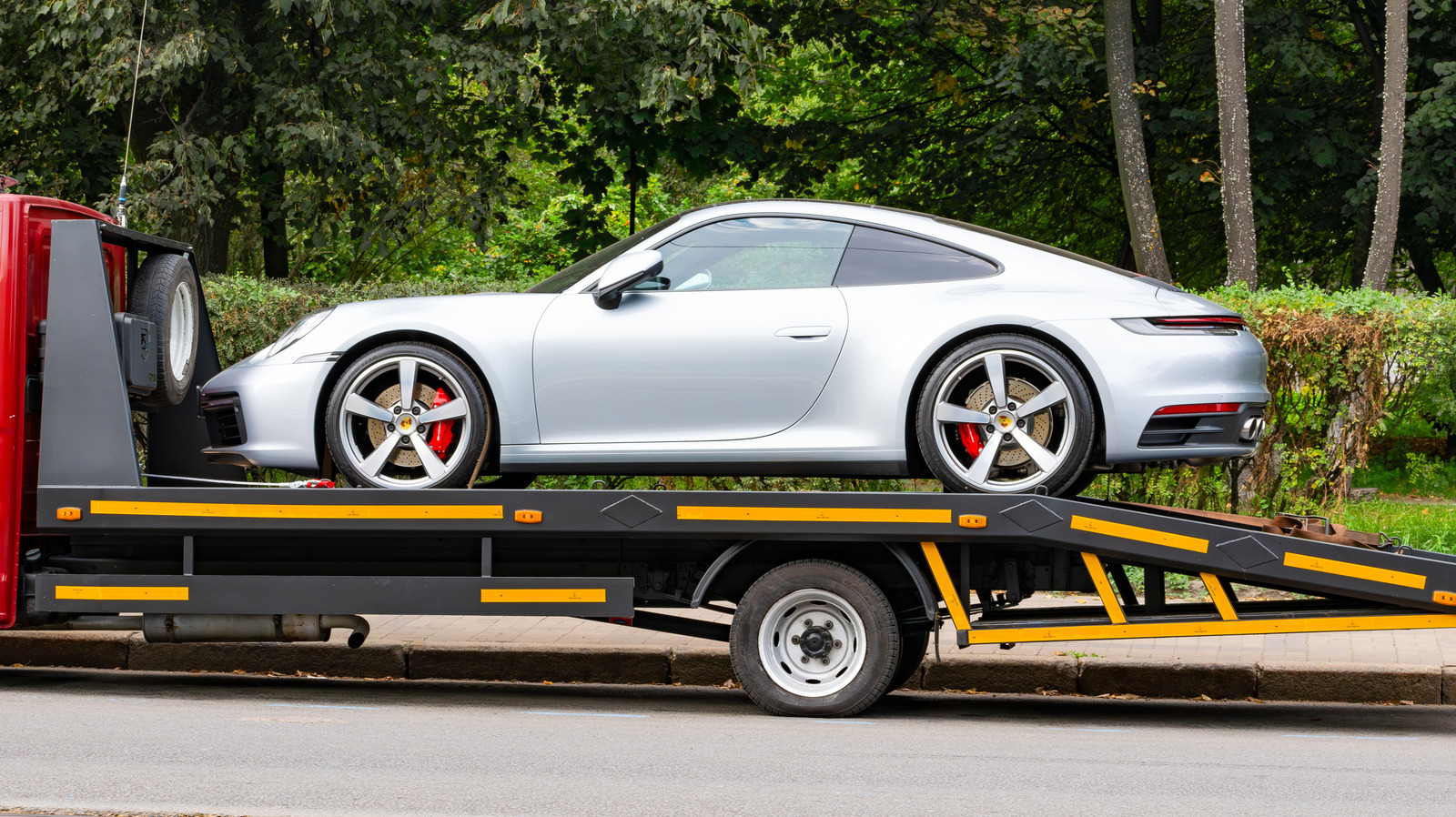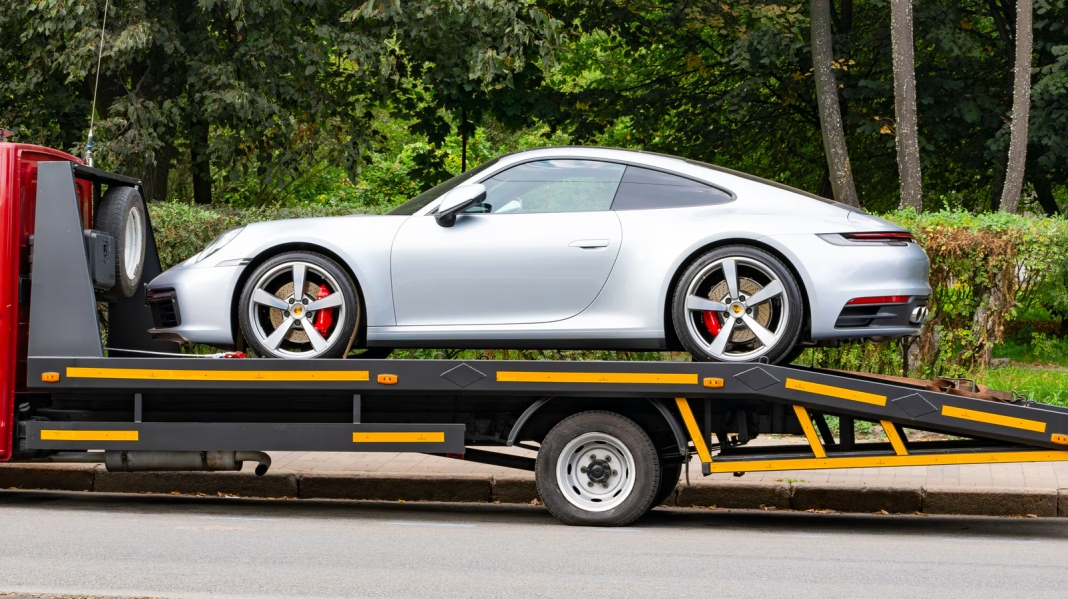What Are Your Rights When a Car Blocks Your Driveway?
Picture this: You’re running late, coffee in hand, and there it is—a random car blocking your driveway. It’s enough to make anyone’s blood boil. But before you call the tow truck, it’s worth knowing exactly what your rights are and how to handle the situation without making things worse.
Can You Legally Tow a Car That’s Blocking Your Driveway?
The short answer is: sometimes. In most cities across the US, it’s illegal for someone to block a private driveway, even for a few minutes. Local ordinances typically treat this as a parking violation, and you’re usually within your rights to have the vehicle towed. But—and this is a big but—the process isn’t as simple as just dialing up your favorite towing company.
Most municipalities require you to contact local law enforcement or parking enforcement first. They’ll often send an officer to verify the violation, issue a citation, and then authorize a tow. Skipping this step can land you in hot water, especially if you try to handle it yourself. In some places, “self-help” towing is illegal unless you own the property where the car is parked.
How to Handle the Situation Without Escalating Tensions
It’s tempting to leave a passive-aggressive note or call a tow truck immediately, but that can backfire. First, check if the car is actually blocking your driveway or just parked close to it. Sometimes, what feels like an obstruction isn’t technically illegal. If the vehicle is only partially blocking and you can still get out, police may not consider it a violation.
If it’s a neighbor or a guest, try knocking on doors or leaving a polite note first. You’d be surprised how often it’s just a misunderstanding. For repeat offenders, documenting the incident with photos and timestamps helps build your case if you need to involve authorities later.
What Steps Should You Take Before Calling a Tow Truck?
Start by gathering evidence. Snap a few clear photos showing the car’s license plate and how it blocks your driveway. Note the time and date. Then, call your local non-emergency police line or parking enforcement office. In many cities, officers will respond within an hour or two, especially if you’re stuck and can’t leave your property.
Once law enforcement arrives, they’ll usually issue a ticket and, if necessary, call a tow truck on your behalf. In some cases, you may need to sign an authorization form. Keep in mind, towing fees can be steep—often $150 or more—and the vehicle’s owner will be responsible for paying them to retrieve their car.
Are There Any Risks or Downsides to Towing?
Absolutely. While it’s your right to have your driveway cleared, towing can escalate neighbor disputes or lead to angry confrontations. There’s also a risk of liability if the car is damaged during the tow, especially if you didn’t follow the proper legal steps. That’s why it’s so important to let law enforcement handle the process.
In rare cases, if the vehicle is stolen or abandoned, police may want to investigate before towing. And if you live in a gated community or apartment complex, check with your property manager—there may be specific rules or towing companies you’re required to use.
What If the Problem Keeps Happening?
Chronic driveway blockers are a headache. If you’re dealing with repeat offenders, keep a log of incidents and share it with your local police or homeowners association. Some cities allow you to request “No Parking” signs or curb painting to make the rules crystal clear.
You might also consider installing a security camera. Not only does it provide evidence, but sometimes just seeing a camera is enough to deter would-be blockers. In especially problematic neighborhoods, residents have banded together to advocate for stricter enforcement or increased fines, and it’s made a real difference.
Tips for Preventing Future Blockages
A little prevention goes a long way. Make sure your driveway is clearly marked and visible, especially at night. Reflective paint or signage can help. If you’re hosting a party or expecting guests, remind them not to block neighbors’ driveways either—what goes around comes around.
Some folks have even had luck with friendly neighborhood flyers or group chats, gently reminding everyone of the rules. It’s not foolproof, but it can foster goodwill and nip problems in the bud.
What to Remember When Dealing With a Blocked Driveway
The big takeaway? Getting an unwanted car out of your driveway isn’t about confrontation—it’s about knowing your rights and following the right steps. Start with a calm approach and involve local authorities if needed. Handle it by the book, and you’ll clear the way without unnecessary drama. Try one of these strategies the next time it happens, and you’ll likely spend less time stuck and more time on the move.


